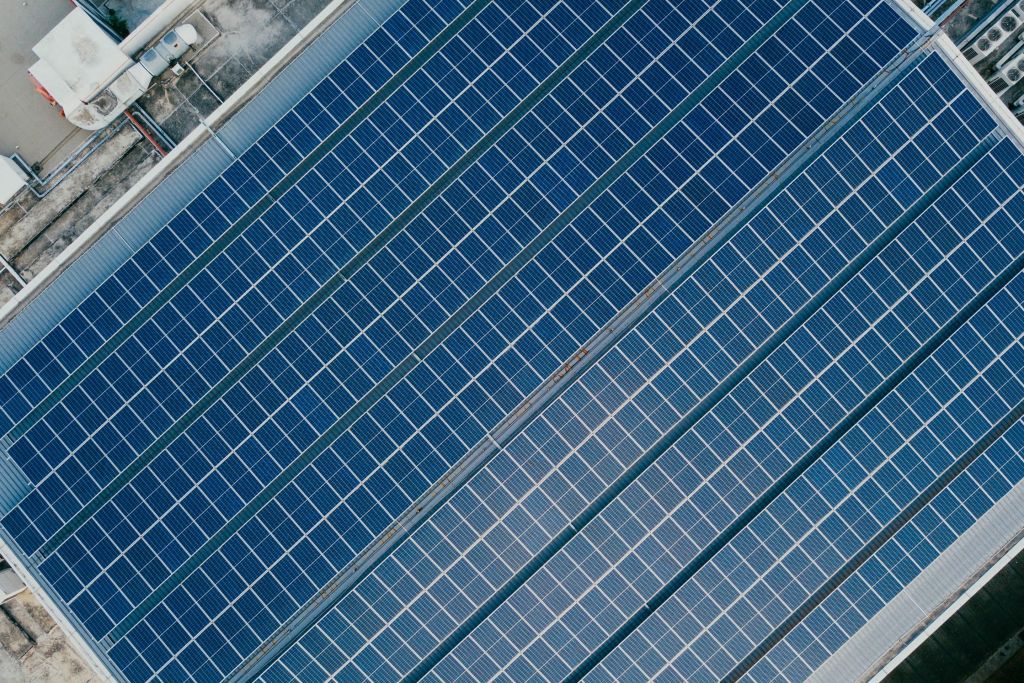
With rising competition and increasing expectations from investors, solar businesses are actively looking towards innovative technology to support the development of new and efficient energy systems.
Cloud-based IoT solutions consisting of smart data, predictive analytics, and machine learning are enabling energy businesses to focus on improving their returns and reduce the risk associated with investors. In terms of solar, this means businesses can transform challenging and quite complex technical, financial, and meteorological data into clear, real-time, and intelligent insights. Artificial Intelligence is emerging as a vital asset in maximizing solar site profitability.
How AI is driving business in solar and reducing risk
One of the key challenges facing the U.S. is implementing the necessary measures to achieve carbon reduction targets. Industries are looking towards technology and more specifically, the progress in AI and predictive analytics as tools to increase investment into solar and the wider renewable energy market.
Utilizing and managing large volumes of unstructured data from a number of energy assets is challenging. With the support of IoT, new platforms are equipping businesses with the tools to leverage this data into a structured, eligible form, enabling teams to implement intelligent and actionable strategies.
Aside from the efficiency and improvements to revenue generation, AI is being utilized for its capabilities in predicting asset disruptions or failures before they occur. This is a significant aspect of AI and predictive analytics, particularly, for the solar and wider renewable energy market. Asset failure can lead to considerable financial implications, dramatically reducing profits and cash flow allocated to other financial procedures. Unpredictable weather patterns including changes to radiance and temperature can result in untimely fluctuations in the performance of solar sites. With the support of AI, solar developers can focus on project efficiency and productivity, and stay closely connected with the influence of changing weather patterns.
For example, the cloud-based IoT platform system, Aristoteles, provided by Kaiserwetter Energy Management, focuses on a combination of smart data systems, predictive analytics, and machine learning, improving returns, and reducing potential risk to investors. In the case of large-scale solar systems, this means platforms such as Aristoteles can transform complex data into clear and actionable insights. Kaiserwetter CEO Hanno Schoklitsch believes that artificial intelligence is being utilized to maximize the profit potential of new solar sites.
Furthermore, AI is being used to generate and simulate what some businesses like Aristoteles refer to as “power curves” at solar sites. Before the rise of innovative technology, this simply wasn’t possible for solar developers. This information provides a deeper level of intelligence for customers concerning the performance of solar assets and generates further potential for improving returns.
The renewable energy market has reached a point where it no longer requires the support of subsidies. Once we remove the value of subsidies, the true benefits of new technology such as AI and its influence on asset management become much clearer. In short, AI provides investors with the added confidence needed when determining portfolio plans. Data is becoming a critical tool for asset management and is a valued portal of information for today’s investors in determining levels of risk and reward. Asset management and ‘data as a service’ project performance are being influenced more so by new technology, boosting overall efficiency, predictability and investor confidence.

